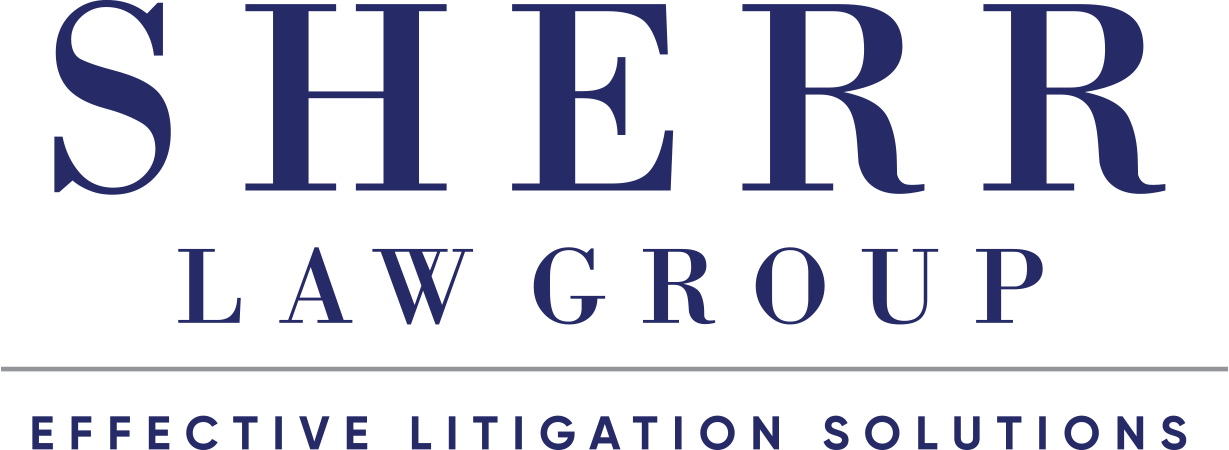Navigating the Family and Medical Leave Act (FMLA) can be a complex task for any employer. Between understanding federal requirements, managing overlapping state laws, and ensuring that your human resources team handles requests consistently and legally, compliance is no small feat. Missteps can lead to costly litigation, employee dissatisfaction, and reputational harm.
Whether you’re overseeing a small workforce or managing a large, multi-site operation, your responsibilities under the FMLA are significant. That’s why we’ve created this guide – to provide you with clear, practical guidance on your obligations, help you implement effective policies, and ultimately protect your business from unnecessary risk.
Understanding the Family and Medical Leave Act Requirements
The FMLA is a federal law that entitles eligible employees to take up to 12 workweeks of unpaid, job-protected leave in a 12-month period for specific family and medical reasons. For employers, compliance with FMLA isn’t just about checking boxes – it’s about understanding both your responsibilities and your employees’ rights.
To fall under FMLA requirements, a business must:
- Employ 50 or more employees within a 75-mile radius.
- Have employed the individual seeking leave for at least 12 months.
- Have the employee work at least 1,250 hours during the 12 months preceding the leave.
FMLA Eligibility and Benefits
Eligible employees can take leave for the following reasons:
- The birth and care of a newborn child.
- Placement of a child for adoption or foster care.
- Caring for a spouse, child, or parent with a serious health condition.
- A serious health condition that prevents the employee from performing their job.
- Certain exigencies related to a family member’s active military duty.
Additionally, FMLA provides up to 26 weeks of leave during a single 12-month period to care for a covered service member with a serious injury or illness.
While FMLA leave is unpaid, employees are entitled to continue their group health insurance coverage under the same terms and conditions as if they had not taken leave. They are also guaranteed restoration to their original job or an equivalent position upon return.

Clarifying FMLA Employee Rights and Employer Responsibilities
As part of FMLA compliance, employers must clearly communicate employee rights under the Act. This includes:
- Posting a general notice about FMLA rights in the workplace.
- Providing written guidance about FMLA rights and responsibilities, usually in an employee handbook.
- Notifying employees of their eligibility when they request leave.
- Informing employees whether their leave qualifies as FMLA-protected and the specific expectations and obligations that apply.
Employers are also prohibited from interfering with, restraining, or denying the exercise of FMLA rights. Retaliation against employees who request or take FMLA leave is strictly forbidden.
Building a Compliant FMLA Leave Policy for Businesses
At Sherr Law Group, we advise that every employer develop and maintain a clearly written FMLA leave policy. A well-drafted policy should include:
- Definitions of FMLA-qualifying events.
- Instructions for requesting leave.
- Required documentation and certification.
- Coordination with other paid and unpaid leave policies.
- Contact information for HR or benefits coordinators.
Training supervisors and HR personnel on FMLA procedures is essential. Employees should feel confident that their requests will be handled professionally, and managers must be equipped to identify qualifying situations and respond appropriately.
Handling Complicated Scenarios
FMLA compliance becomes more challenging in nuanced cases. Some common complexities include:
Intermittent Leave: Employees may take FMLA leave in separate blocks of time or reduce their weekly or daily work schedule. Employers must accommodate these requests if medically necessary, though advance scheduling can be required where practicable.
Overlap with Other Laws: Employers must coordinate FMLA with the Americans with Disabilities Act (ADA), state-specific leave laws, and workers’ compensation. For example, an employee recovering from a workplace injury may be entitled to FMLA and workers’ comp simultaneously.
Medical Certifications: Employers have the right to request medical certification for leave due to a serious health condition. Ensuring consistency in how certifications are requested and reviewed is vital to prevent claims of discrimination or retaliation.
Recordkeeping and Compliance Best Practices
Proper documentation is a cornerstone of FMLA compliance. Employers should:
- Maintain records of FMLA leave requests, notices, and communications for at least three years.
- Keep all medical information separate from personnel files.
- Consistently apply policies and procedures to all employees.
Failure to maintain accurate records or apply FMLA requirements fairly can expose employers to costly litigation and enforcement actions.
The Role of Legal Counsel in FMLA Compliance
Even with a solid understanding of the Family and Medical Leave Act, navigating the nuances of compliance can present real challenges, especially when unexpected scenarios or employee disputes arise. That’s where experienced legal guidance becomes invaluable. At Sherr Law Group, we provide strategic, defense-oriented counsel to employers across Pennsylvania, helping them not only interpret leave laws but also apply them consistently and effectively within their organizations. We work proactively with businesses to ensure their policies and practices align with both federal requirements and the specific demands of their workforce.
Our team supports employers at every stage of FMLA compliance by offering:
- Drafting and reviewing employee handbooks to ensure clear, enforceable leave provisions.
- Conducting internal FMLA compliance audits to identify gaps or risks before they become liabilities.
- Providing in-depth training for HR professionals and supervisory staff to promote consistent, lawful leave administration.
- Advising on responses to employee complaints and representing employers during Department of Labor investigations or audits.
Choose Sherr Law Group for Employment Law Assistance
Our attorneys understand the practical realities employers face. We help businesses balance operational needs with legal compliance, aiming to prevent problems before they arise. Our employment law team stays current on changes in federal and state regulations, so you don’t have to. Whether you’re a small business developing your first FMLA policy or a large employer managing complex leave scenarios, we can help.
If you have questions about FMLA compliance or need help updating your policies, the employment law attorneys at Sherr Law Group are here to assist. We represent employers throughout Pennsylvania and provide tailored, proactive legal solutions. To speak with an attorney, contact us today.



